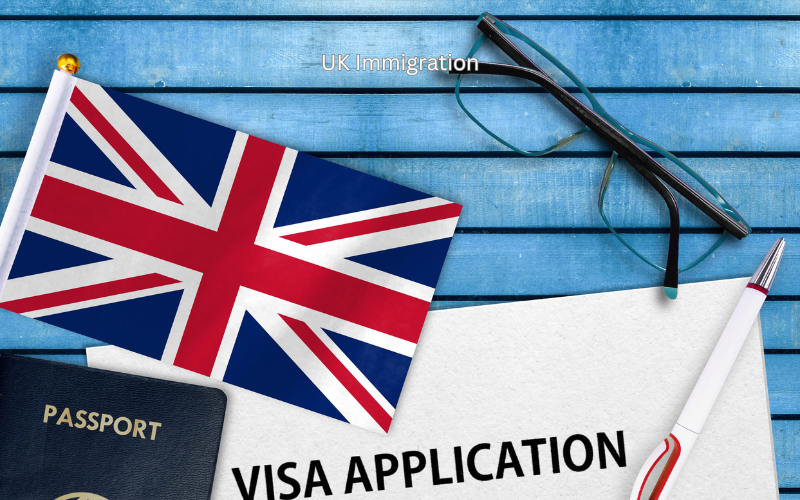
The White Paper on Immigration suggests lowering the allowed duration for graduates to remain in the UK after finishing their studies from the existing 24 months to a more limited 18 months. However, those who complete PhD programs will still receive a three-year extension. The Graduate route, which was first introduced in July 2021 as an unsponsored option, had previously permitted students to stay in the UK for two years (or three years for PhD graduates) following graduation. Its main purpose was to assist international student graduates in securing jobs or seeking work after successfully completing an eligible program.
The second major effect will be on the overall costs of education in the UK. The changes presented in the White Paper on Immigration are expected to increase expenses for international students studying in the UK. The UK government is considering the introduction of a levy on the income generated by higher education institutions from international students, intending to reinvest this money into skills development programs.
Additionally, the UK plans to enhance the language proficiency criteria for Skilled Workers and other worker categories where a language requirement already exists. The standard will be raised from B1 to B2 (Independent User) levels, according to the Common European Framework for Reference for Languages (CEFR). A new English language requirement will also be instituted for all adult dependents of workers and students, set at level A1 (Basic User). This aligns with the standards for spousal and partner routes, with plans for gradual increases in this requirement over time. These new language conditions aim to limit the influx to primarily English-speaking individuals entering the UK.
Furthermore, the Immigration White Paper includes initiatives to motivate sponsoring institutions to recruit students responsibly, ensuring that only legitimate applicants who meet the criteria for the route are offered admission. The UK government is tightening the rules for educational institutions that seek to attract international students. These alterations are designed to prevent the misuse of student visas. Institutions must now meet higher standards to maintain their licenses to sponsor international students: the visa refusal rate for their sponsored students must remain below 10% (this requirement remains the same), at least 95% of sponsored students must start their course (an increase from the previous 90%), and at least 90% of sponsored students must complete their course successfully (an increase from the previous 85%).
